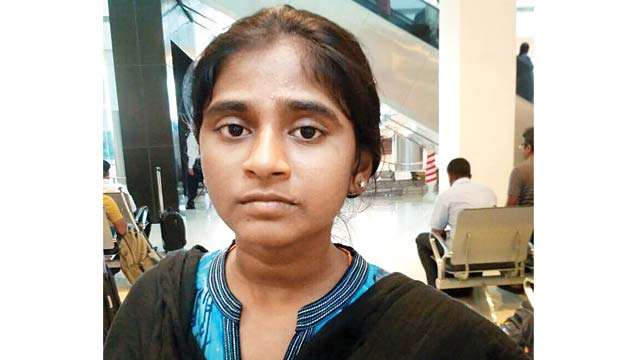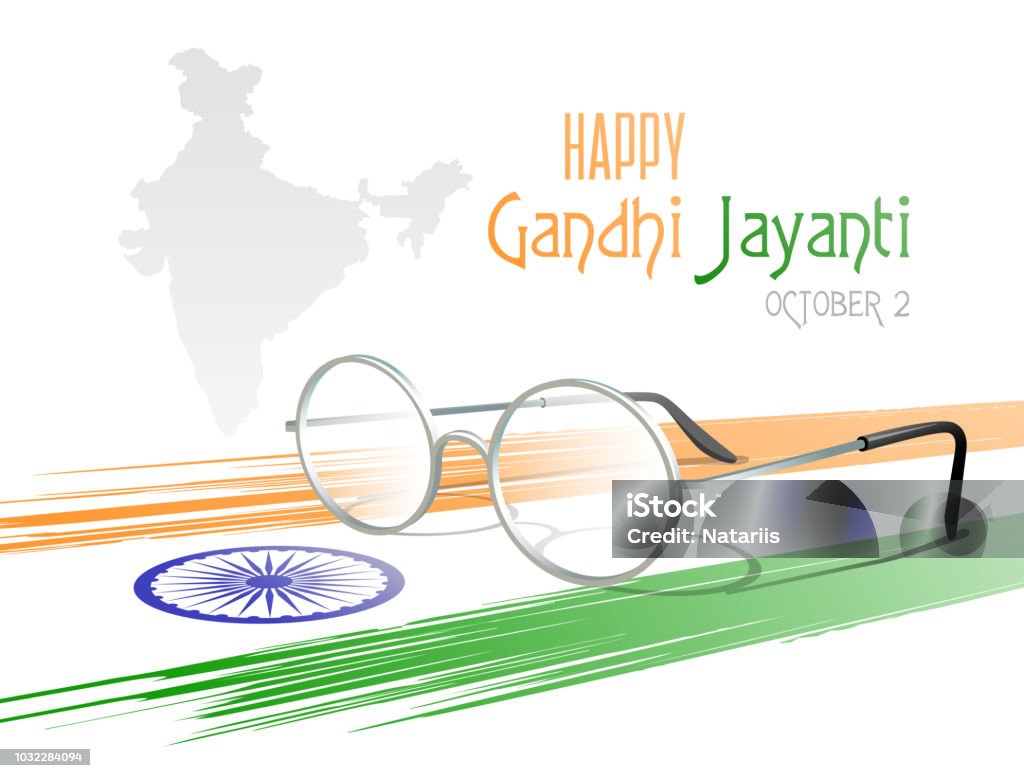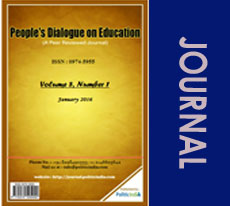Learn A Lesson from Death of Anita
- Post By PoliticIndia.com on
- 12/Sep/2017

Khagendra Kumar
Chief Editor
Now Anitha is dead. She committed suicide as her ambition to study medicine was shattered as she got relatively poor score in a centralized NEET. It has been certified by her school principal and teachers where she got senior secondary education and people of her village that the girl was very good at study and was very clear and serious about her goal in life that is to be a doctor. She fared very well in +2 examination of the state board and that was enough to get her a seat in a medical college of her state, Tamil Nadu. But her NEET score was not enough to get her a seat in medical college.
Education system of the country is a bundle of confusion and it is largely cut off from the context of the learners. Merits of our children and the youth are decided by a kind of centralized evaluation mainly based on urban centric cognitive knowledge. This has led to selection of misfits for general as well as professional courses to be taught at best of our colleges, universities and institutions of higher learning. The curriculums taught in these institutions are also culturally baised and more suited to the contexts of developed countries. Whole system of education revolves around such curriculums that are remotely connected to the diverse contexts of India. A few known universities and institutions took some efforts to be connected with the rural context of the country and to groom the students around them instead of uniform central models prescribed by the UGC and central councils looking after different kinds of professional education. These universities and institutions are struggling hard to sustain their autonomy. Although education is in the concurrent list and supposed to be mainly handled by the state government but roles of most of the Indian states appear to be sticking to central guidelines or make insignificant adaptation.
Anitha became a victim of such centralized policy which negated her achievement in a state examination that was quite good to get her a seat in a medical college of the state. The advocates of NEET must explain how a single test can judge a student better than a comprehensive state board examination which runs for days and tests students in the prescribed school curriculum holistically and that too when the society at large certifies the quality of the examination taken by Anitha and her merit. Anitha was a dalit child having high hopes and ambition to be a doctor. She was a bright child and worked hard to achieve a result that made her eligible to get a chance to study medicine. She was quite confident towards her achievement and had equally clear vision. Why did she get poor score at NEET? Answer is simple, NEET did not suit to her overall contexts which include social, cultural, language, spatial, speed, environment in which test was conducted etc. Instead of strengethening education systems in various contexts and enriching their autonomy at all levels involving teachers, social workers, parents and professionals, we have handed over the job to bureucracy who are simply incapable to think in the way it should be, instead they take an over simplified unitary path without understanding the complexity of contexts. They must be kept out of school and university system.
The welfare state must revisit and endup with all such centralized tests which are cutoff from students' contexts. In stead of elemination, selection should be the basis of a test. Most of the centralized tests are so contexually biased that students living in rural and slum areas, studying in public institutions located at such places suffer at the cost of less meritorious living in urban areas and studying in private and public institutions located there. We failed to recognize Anitha's merit through centralized NEET. NEET shattered her dream.
It is high time for all concerned citizens of the country to look into the problems so that dreams of all other Anithas could be fulfilled.






